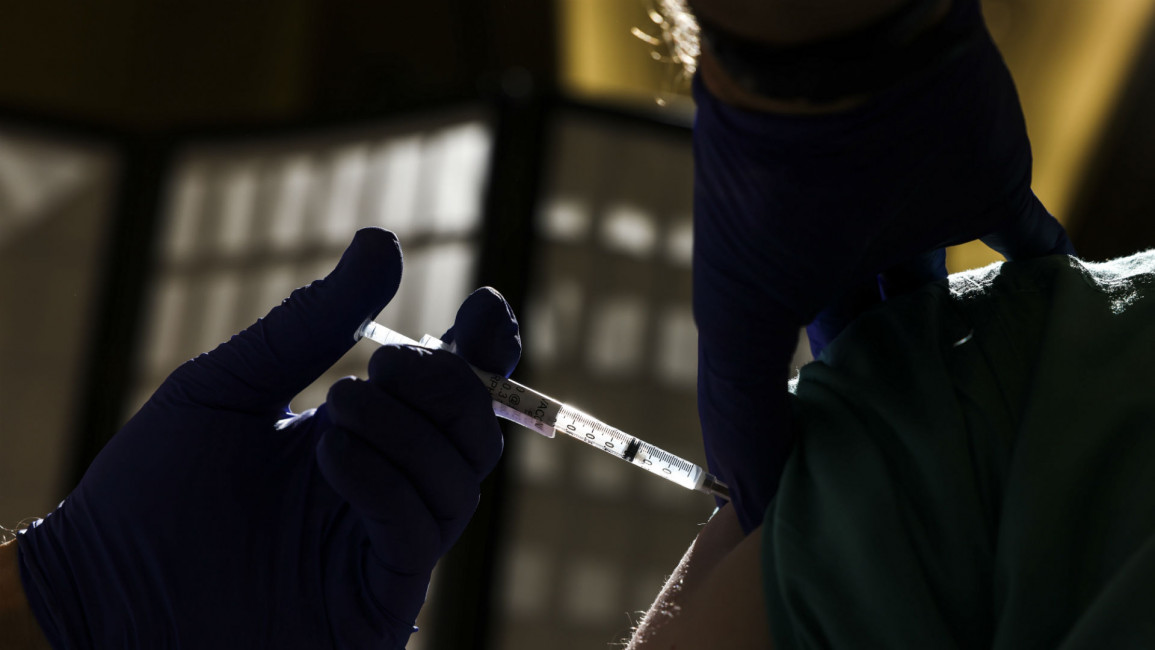Iraq inks preliminary deal for Pfizer-BioNTech vaccine
The country has been among the hardest-hit in the Middle East, with more than 580,000 reported cases although numbers have dropped dramatically in recent weeks.
Health ministry spokesman Seif al-Badr told state television late Monday that Iraq had "formally signed a preliminary deal with Pfizer... which will arrive in stages early next year".
"Iraq has reserved its share of these vaccines," he said, with troops and the elderly prioritised for vaccinations.
Each person requires two injections of the vaccine so the order will cover just 750,000 of Iraq's 40 million people.
President Barham Saleh has said Iraq aims to provide the jab for free to its citizens.
Badr did not put a price tag on the deal.
Western officials in Iraq told AFP that Washington had been urging Baghdad to choose Pfizer-BioNTech over other options.
Pfizer's vaccine must be stored at -70 degrees Celsius (-94 degrees Fahrenheit), a temperature much lower than standard freezers and which forced the company to develop special containers for transport.
Read also: The Iraq Report: Human rights violations as protests rage in Iraqi Kurdistan
Iraq is one of the hottest countries in the world and has a dilapidated power generation network that results in daily cuts to mains supply.
"The issues of transportation and financial transactions are still being worked out," Badr said, adding that Iraq had the necessary equipment to safely distribute the vaccine.
He said Iraq was still in talks to receive more vaccines through Covax, a worldwide network created to ensure equitable access to Covid-19 vaccines.
Iraq has committed $170 million to be among the first countries to receive the vaccine, according to the World Health Organization.
The country has seen a remarkable reduction in Covid-19 cases and deaths in recent weeks even as testing ramps up.
On Monday, out of more than 35,000 tests, just 1,200 tested positive for Covid-19 cases and 13 people died.
The encouraging numbers have coincided with a lifting of all lockdown measures, and people across the country are wearing masks less and ignoring social distancing.
But Badr insisted the danger had not passed.
"A vaccine is not a magic solution," he told state media.
Agencies contributed to this report.
Follow us on Facebook, Twitter and Instagram to stay connected


![President Pezeshkian has denounced Israel's attacks on Lebanon [Getty]](/sites/default/files/styles/image_684x385/public/2173482924.jpeg?h=a5f2f23a&itok=q3evVtko)



 Follow the Middle East's top stories in English at The New Arab on Google News
Follow the Middle East's top stories in English at The New Arab on Google News


